
Le chauffeur de Mme Renaud
Мы видим, как человек, не помнящий своего прошлого, обращается со своим прошлым, когда узнает о нем.
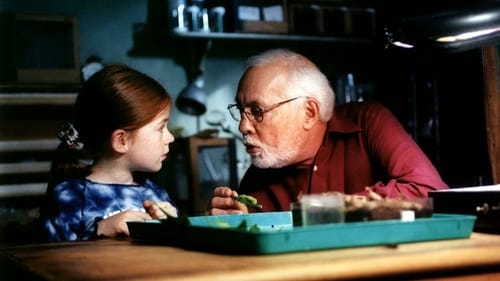
Entomologist
Жюльен — довольно ворчливый мужчина живет один в огромной квартире в Париже. Все время он тратит на самое главное увлечение своей жизни — коллекционирование бабочек. А двумя днями ранее, молодая женщина и ее восьмилетняя дочь, Эльза, переселились в однокомнатную квартиру как раз напротив него. Молодая мама работает кассиром в супермаркете и предпочитает весело провести время вместо того, чтобы позаботиться о своей маленькой дочурке. И каждый вечер Эльза проводит в одиночестве дома. Эльза, в очередной раз оставленная без присмотра и расстроенная из-за нехватки внимания, встречает старика Жюльена и заявляет: «Раз моя мама опять уехала и оставила меня одну, я сбегу с тобой!». Конечно же Жюльен против!
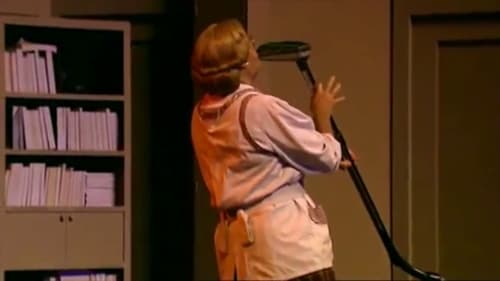
Le producteur
French TV-Movie based on the classic American comedy classic Mrs. Doubtfire.

Prince de Conti
Франция, вторая половина XVII века. Полновластным правителем великого королевства стал Людовик XIV. Будучи страстным поклонником танца, вдохновляемый музыкой великого Люлли, он жаждет вырваться из пут косности и мракобесия, чтобы превратиться в блистательного Короля-Солнце, изменив себя и свое государство, сделав его священным, незыблемым и вечным. Но, создавая для пышных дворцовых постановок свои бессмертные шедевры, Люлли и его гениальный компаньон Мольер столкнулись с яростным противодействием церкви и двора.
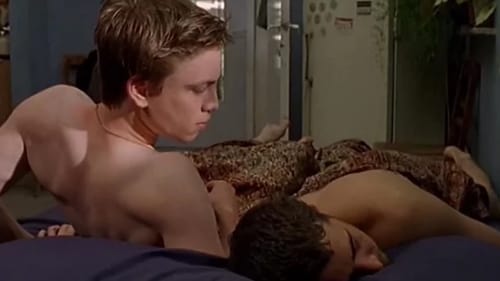
Pierre
Фильм рассказывает историю об отношениях двух молодых людей — Лорана и Седрика. Лорану 23 года, он гей и скрывает это от своих гомофобных родителей. Лоран студент сельхозакадемии и у него есть подруга по комнате, которая тайно в него влюблена и которая соглашается подыграть Лорану, выдавая себя за его девушку. Однажды Лоран знакомится с Седриком и влюбляется в него. В противоположность Лорану, Седрик не скрывает, что он гей и его раздражает поведение Лорана.
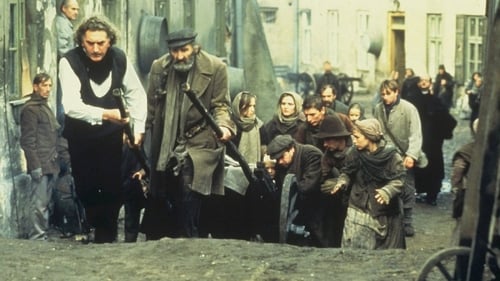
Eugene Borremans
In the 1890s, Father Adolf Daens goes to Aalst, a textile town where child labor is rife, pay and working conditions are horrible, the poor have no vote, and the Catholic church backs the petite bourgeoisie in oppressing workers. He writes a few columns for the Catholic paper, and soon workers are listening and the powerful are in an uproar. He's expelled from the Catholic party, so he starts the Christian Democrats and is elected to Parliament. After Rome disciplines him, he must choose between two callings, as priest and as champion of workers. In subplots, a courageous young woman falls in love with a socialist and survives a shop foreman's rape; children die; prelates play billiards.

Raoul Queyrat
В доме, где живёт инспектор судебной полиции Аурелия Модрю, совершено убийство. Ведущая расследование молодая женщина вынуждена подозревать и допрашивать своих соседей.
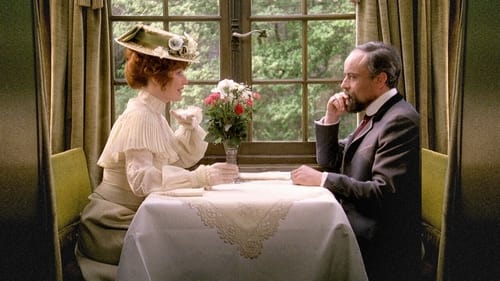
Hugues Viane
Hugues cannot get over the untimely death of his wife Blanche, who made him happy for ten years. He lives alone in his house in Bruges, a city he would like to be dead like his wife. The sorrowful widower has transformed the place he lives in into a shrine dedicated to his beloved wife. One day, he meets Jeanne, a ballet dancer, who looks like Blanche.
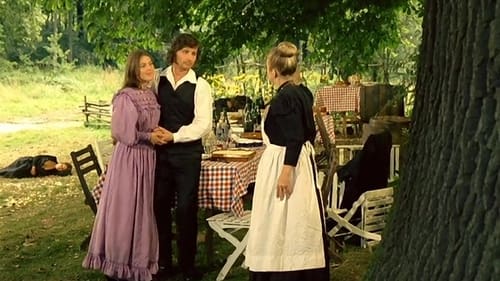
Fransoo
In this film version of the Dutch-language classic ('heimat'-)novel by Flemish author Felix Timmermans, the title character is a city-boy from Lier who after recovering from a life-threatening disease changes his life completely and his name to the self-invented Pallieter. He moves in with Charlote, a naive, caring relative in the country, where he starts frolicking, no longer caring for image, career or possessions, but concentrates on enjoying life -such as a draftee relative's Brueghelian wedding- and finds love with Marieke. A dark story-line however is when projected work on the river in the name of economical progress threatens the rural landscape they have fallen in love with...
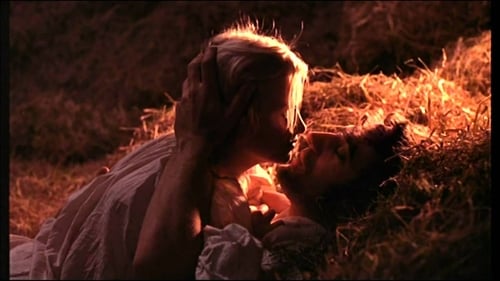
Korporaal
In 1833, when the fledgling Belgian kingdom still fears a Dutch invasion, recruits were selected annually from an age cohort by a draw of lots in each locality. In this grim, then contemporary drama by the 'father of Flemish literature', Hendrik Conscience, Jan Braems, a poor and naive farmers-boy, accepts the not uncommon offer by a rich family to sell his lucky ticket (out) to their son for a hefty sum compared to the miserable labor wages at the time. Army life is even harsher then a farmhand's, especially for a Dutch-speaking an-alphabet who simply can't understand his francophone superiors, and Jan's nature is not complacent enough for military discipline even by todays standards, so he soon gets into all kinds of trouble, including gambling his capital away and a venereal disease. When his girlfriend back home goes looking for him, her life is doomed as well.








